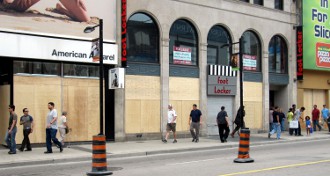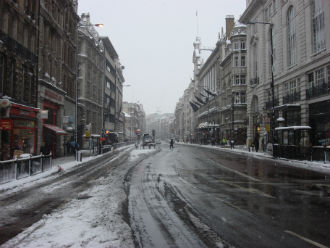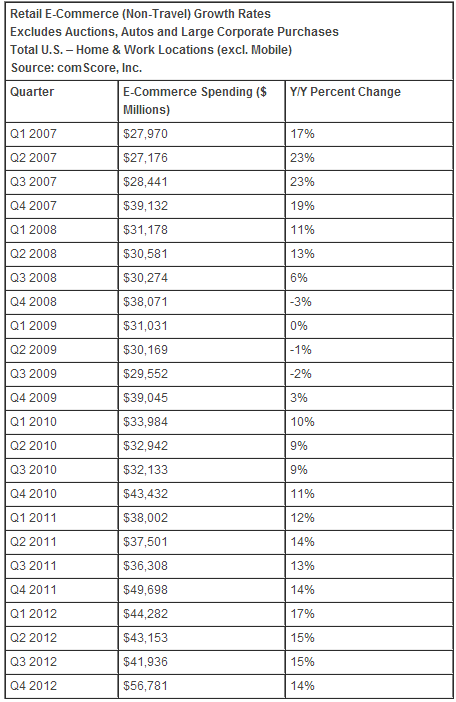 As many as 1,000 posh retail outfits will get assistance from the government to foster further international growth over the next two years.
As many as 1,000 posh retail outfits will get assistance from the government to foster further international growth over the next two years.
The UK Retail Industry International Action Plan was developed by the UK Trade & Investment (UKTI) and the retail industry. The goal is rather straightforward, taxpayer money will be used to help the retail sector expand into expanding overseas markets.
Business Secretary Vince Cable believes retail has a big role to play in British exports, as the government tries to rebalance the economy.
“With this action plan UKTI will back small and large retailers across the UK to grow and expand into new export markets,” he said in a statement. “The UK’s dominance in e-commerce puts retailers in a world-beating position to capitalise on the fast growing demand for British goods and luxury brands.”
The plan is focused on luxury retailers, who aim to expand into bustling cities such as Beijing, Moscow, Mumbai, Istanbul, Shanghai, St Petersburg and other cities with plenty of nouveau riche in white Bentleys.
According to International Business Times, the global retail sector is set to grow by 8 percent through 2016, which is not the case with most European markets, including Britain.
However, it should be noted that British retailers are doing rather well abroad, even without government handouts.



















